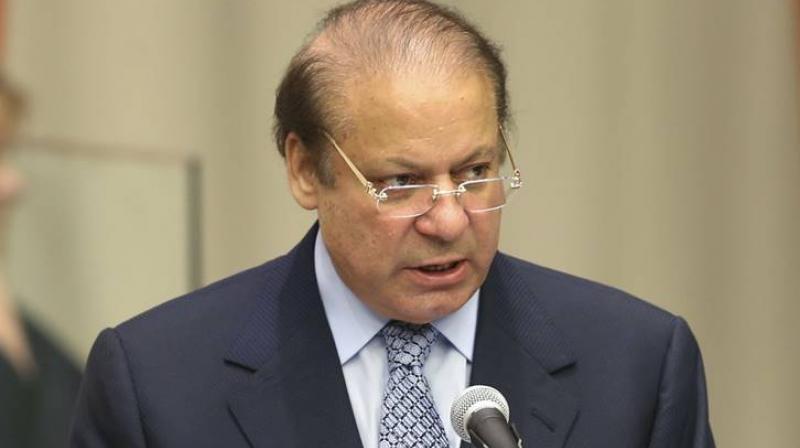Pakistan mulls bringing back military courts to combat terrorism

Islamabad: Pakistan government is planning to revive controversial military courts set up for the speedy trial of hardcore terrorists as they played an extremely important role to combat extremism, two days after they were wound up.
The government said today that it was consulting political parties for bringing back military courts. The decision to revive military courts was taken at a meeting chaired by Prime Minister Nawaz Sharif.
The military courts were set up in January 2015 after a Taliban attack on an army school killed 150 people, mostly children.
Finance Minister Ishaq Dar, Interior Minister Nisar Ali Khan, Chief of Army Staff General Qamar Javed Bajwa, DG ISI Lt Gen Naveed Mukhtar, Advisor to Prime Minister on Foreign Affairs Sartaj Aziz, National Security Advisor Nasser Khan Janjua and other senior officials attended the meeting.
Radio Pakistan reported that the meeting emphasised that the military courts played an extremely important role at a very crucial juncture of one action against extremism and terrorism and translated the actions under operation Zarb-e-Azb to meaningful and tangible national gains.
"The Federal Government has already initiated consultations for constitutional amendment to continue the military courts for a period which is agreed by all political parties represented in the Parliament," it further reported. The participants agreed that Pakistan would continue its efforts for attaining internal peace and play its due role for a peaceful region.
The meeting also reiterated Pakistan’s clear-cut policy of zero tolerance against terrorism and extremism to accomplish internal peace as well as supplement its foreign policy initiatives.
The meeting reviewed internal and regional security situation in detail with a view to further strengthen gains made through counter-terrorism operations.
It resolved for continued efforts at all levels to achieve national policy objectives.
The courts were given 275 cases during two-year and they sentenced 161 terrorists to death, whereas another 116 were given varying jail terms, mostly life sentences.

